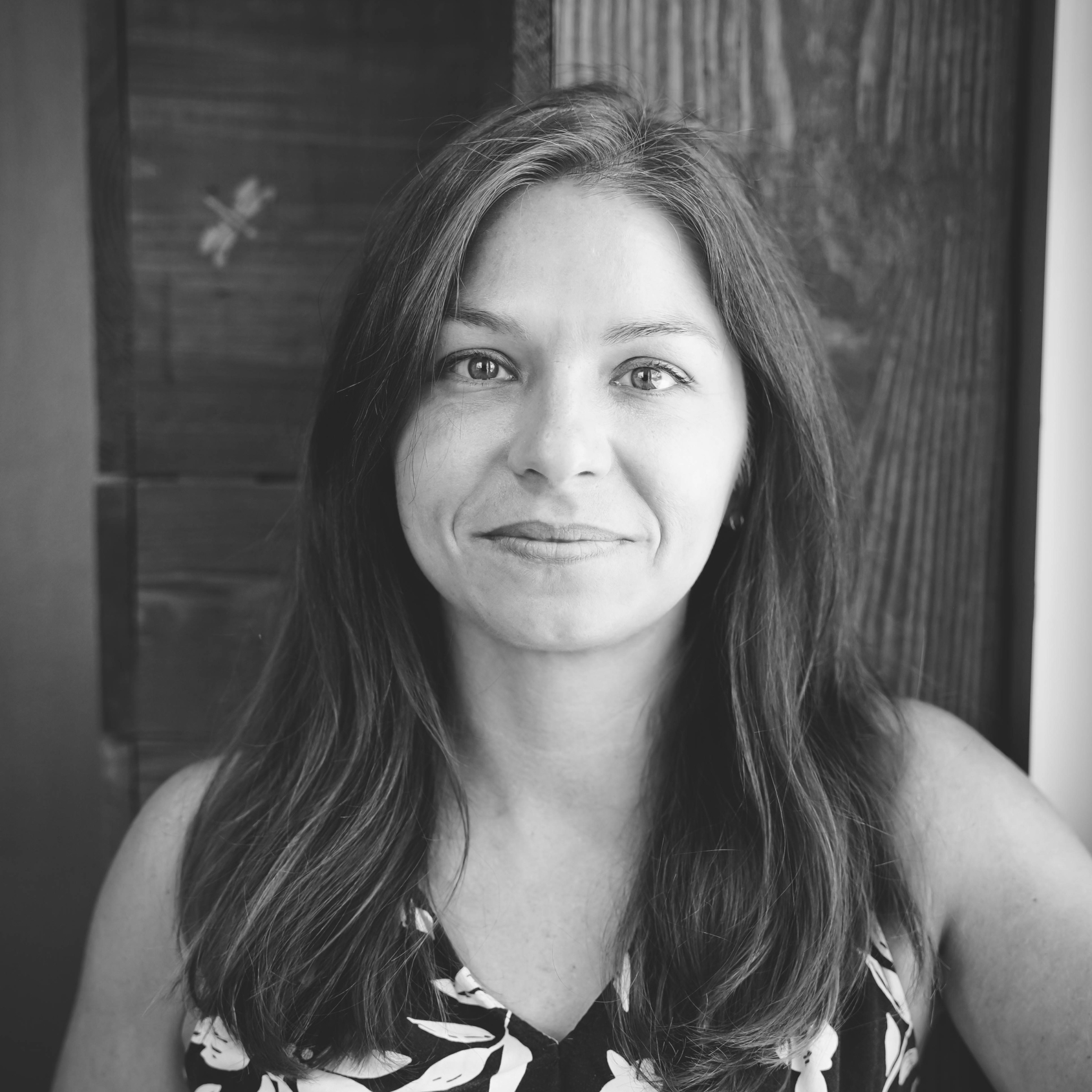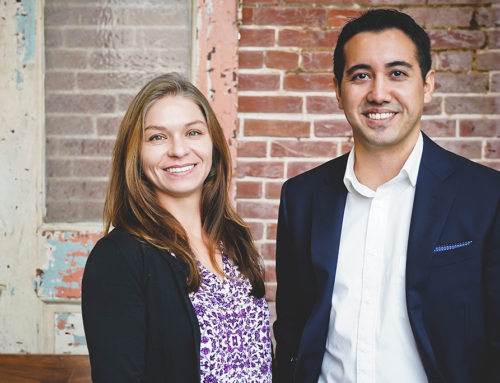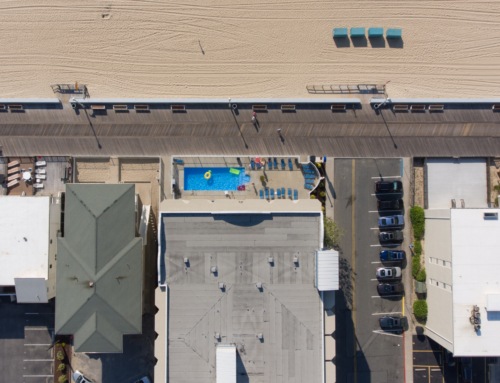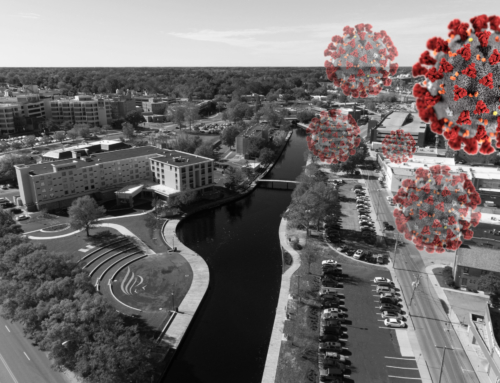
It’s a conversation I’ve had repeatedly since I started working in the commercial real estate (CRE) industry, and it’s a conversation that eerily resembles my work with budding entrepreneurs as a business consultant and volunteer with the SCORE organization. I’ve worked for years in varying roles from ownership and management to support and consulting; this conversation recurs regardless of the industry. It always starts with “tell me how to” and ends with “start a business, write my business plan, secure financing, determine what property I can afford…” and so on.
The reality is that often, particularly in rural, tertiary markets, existing or prospective business owners don’t know where to start in asking questions and clarifying the answers to a multi-layered, multi-faceted conversation: how do I expand (or start) my business in a way that will be sustainable and achieve my personal goals? Enter the business professional—someone who is well-versed in the formula for achieving sustainable and profitable business practices. In a nutshell, someone who understands the basics: make more than you spend, pay yourself first, don’t expand too early, level set your expectations, set clear goals for yourself and your business, and have tools in place to measure your progress.
When engaging with a CRE professional, clients are often asked to outline their parameters—what type of space they need, desired square footage, budget, location, and so on. To establish a stronger relationship with my clients, I propose a new methodology that steps beyond the call of a standard agent. My integrated approach to commercial real estate is intended to close the gap in education and resources that exist for green entrepreneurs. The CRE professionals who are speaking with new entrants to the market often do not have the schedule availability or bandwidth to have conversations supporting the development of a potential clients’ business plan, budget, or marketing plan. Often the potential client is shown available spaces that meet their outlined specifications only to learn when the conversation becomes serious that they don’t have the tools in place to obtain the space.
To establish stronger client relationships, I recommend having some of these high-level conversations at the time of first contact. My approach combines brokerage expertise with general business knowledge in hopes of achieving greater sustainability for entrepreneurs across the Delmarva Peninsula. Finding support in an advisor as it relates to all aspects of their business will absolutely result in long-term, mutually beneficial relationships between all parties.
It’s true, in commercial real estate there is a percentage of people who are not at all prepared to have a conversation regarding the purchase or lease of commercial property. For that population, I often take a brief amount of time to encourage them to utilize resources at their disposal which may help them clarify their ideas and develop a plan that could result in increased ability down the road. These people are not necessarily without knowledge and may simply need guidance or support as they work through various barriers; engage enough to point them in the direction of resources which they can leverage to achieve their goals. At best, I have helped someone achieve their dream. At worst, they don’t engage or do the work, and I have lost nothing by being encouraging and informative in my role.
At this stage, advisors may or may not choose to accept some level of responsibility for this potential client. There is no right or wrong choice; the decision is subjective for the real estate professional’s availability, knowledge, and preference. If I have decided to engage with the client, I work with them to outline primary steps in this relationship which will help to keep them on track and engaged, and me to feel as though we are making measurable progress towards their end goals. For example, the first step may be for the client to complete their business plan, a concept or task which has seemed intimidating to them thus far, but with guidance will be completed as an essential next step in the development of a sustainable small business. At this time, my role as an advisor is not driven by a need for ink to dry on a contract or lease agreement— I am simply connecting with my clients and helping them to work through perceived barriers to success (a fundamental difference in services provided by an agent versus those offered by an advisor). Maintaining communication with the client is critical at this stage. A brief, periodic check-in is all that’s needed for them to feel supported and for me to keep a finger on the pulse as they make headway, which may lead to business for all involved.
I am not suggesting that advisors accept full responsibility for their clients’ success— ultimately, they are responsible for doing the work to start or grow their businesses in a sustainable way. To avoid relationships that are strictly transactional, I have found success in the development of deeper relationships with my clients. In this new paradigm, my clients gain confidence in my abilities not only as a real estate expert but also as a business professional. All advisors, regardless of brand affiliation or level of experience, offer a unique style and perspective—it isn’t a ‘one size fits all’ kind of business. There are many pathways to success as a commercial real estate advisor… this is mine, so far.
About the Author

Chelsye Phillips-Hutton
Chelsye Phillips-Hutton is a Licensed Real Estate Advisor with NAI Coastal. Backed by more than 15-years of professional experience, Chelsye specializes in business and process development, strategic leadership, and project management in relation to the medical industry.









